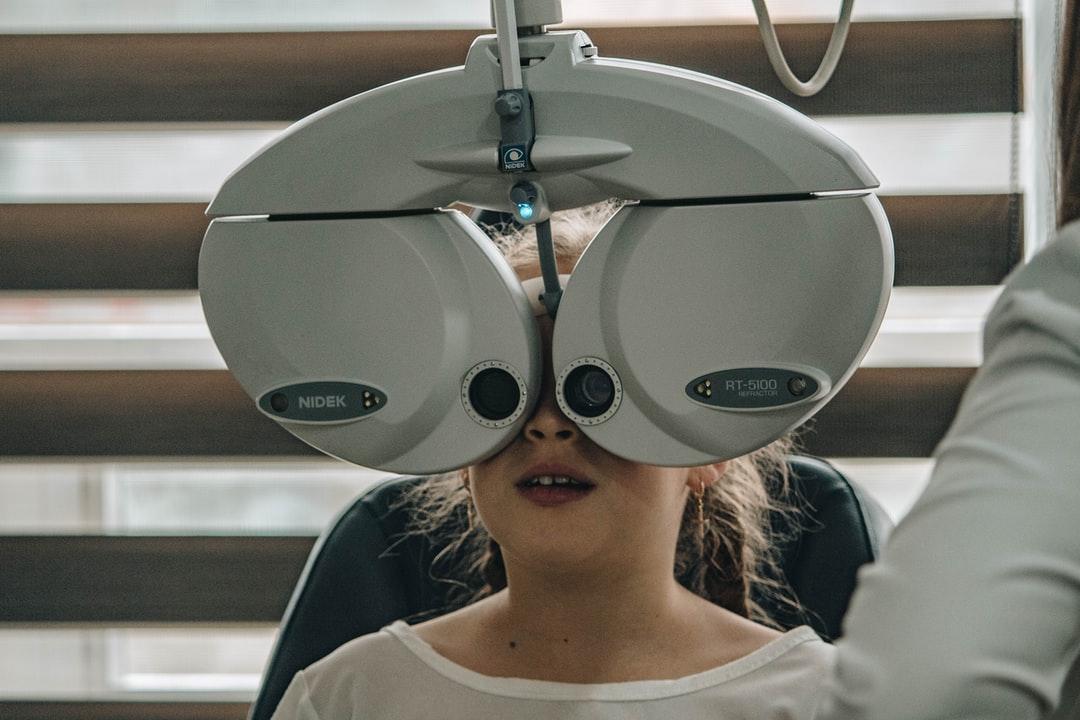When a child struggles in school, it’s natural to look for help. Tutoring, remedial learning groups, and assessments for learning differences are common responses to a child who has learning difficulties. But what if the child simply needs the right kind of glasses?
As many as 25% of children under 18 need glasses or contacts to correct their vision. An undiagnosed vision issue can significantly affect a child’s ability to learn. Anyone who wears glasses can tell you it’s hard to read when you can’t see the words on the page clearly. Your child might need an eye exam and an assessment for binocular vision dysfunction.
Eye Exams for Children
The American Optometric Association recommends annual vision exams for school-aged children. These standard exams check your child’s eye health and test their visual acuity. Eye exams can also play an important role in helping children who are struggling in school. Diagnosing and treating vision problems can improve school performance dramatically and help kids enjoy learning.
What Is Binocular Vision Dysfunction?
In addition to a standard eye exam, many children should also have an assessment for binocular vision dysfunction (BVD). This is a comprehensive assessment to check the alignment of a child’s eyes.
BVD is a condition where your eyes aren’t entirely in alignment. Each eye looks at a slightly different spot, so they don’t see a single image. As a result, the eye muscles are constantly struggling to line up the points of focus and achieve clear vision. BVD can cause eye strain, blurred vision, or double vision. The result is vision impairments that affect academic performance.
Many children who struggle in school have binocular vision dysfunction that affects their ability to focus on learning. Getting it corrected can help them do better in school.
Diagnosing BVD in Children
Most kids with BVD can be identified by asking the right questions during an eye exam. Doctors will ask parents questions about how the child is doing in school and if the student struggles with reading comprehension.
In addition, your doctor should ask your child questions including:
- Do you enjoy reading?
- Do you skip words or lose your place while reading?
- Are you embarrassed to read out loud?
- Do you see words jumping or dancing around?
- Do you confuse letters?
- Do you get headaches after reading?
- Do your eyes hurt at the end of the day?
Treating BVD in Children
If your eye doctor suspects that your child has binocular vision dysfunction, you should schedule an in-depth analysis of your child’s visual system with a binocular vision specialist. Glasses that correct the vision alone won’t address BVD. A binocular vision specialist will be able to prescribe prismatic glasses that bring your child’s vision into focus so they can thrive in school.
At the NeuroVisual Specialists of Florida, we treat binocular vision dysfunction in children and adults. Dr. Sonnenberg specializes in diagnosing and treating the condition. You can speak with our staff to schedule an eye exam to assess your child’s needs and get them back on the path to academic success.
For more information about BVD, prismatic lenses, and the examination process, or to schedule an appointment, contact us today!


